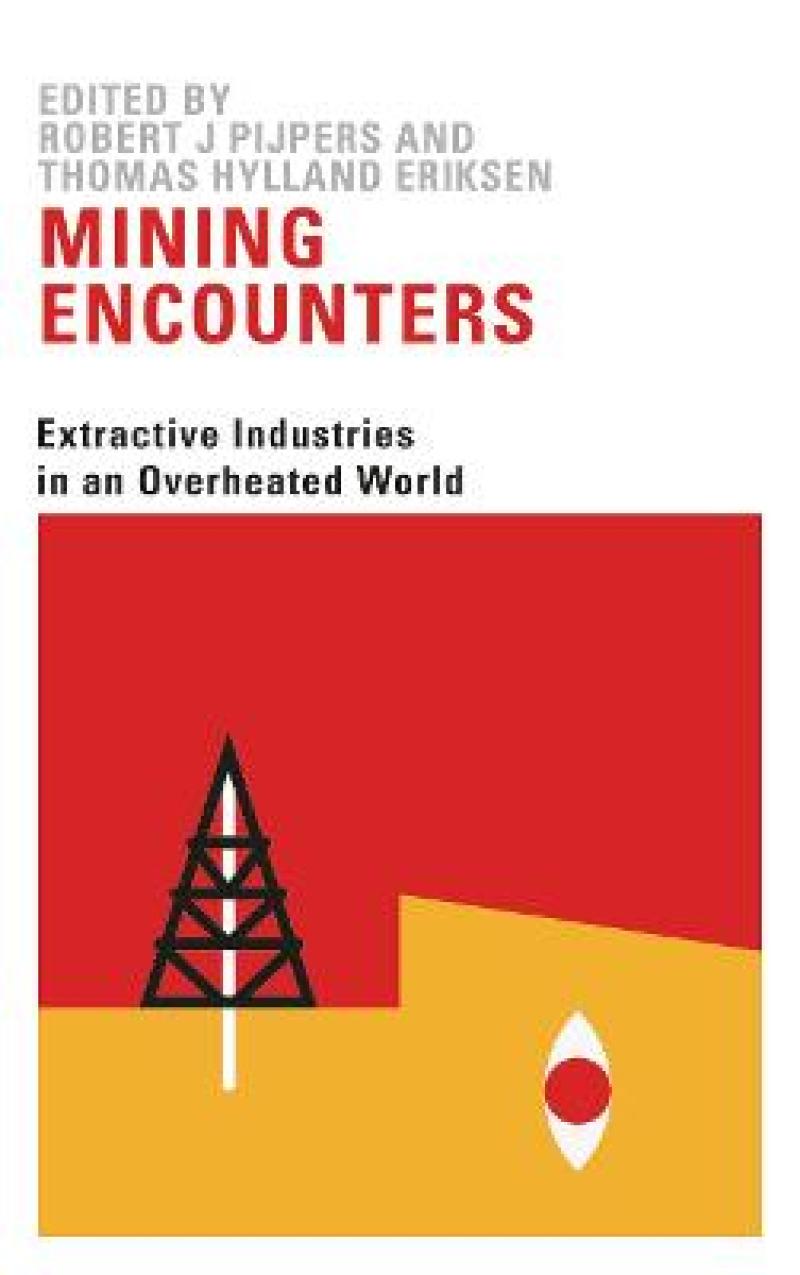In a fast-changing world, where the extraction of natural resources is key to development, whilst also creating environmental and social disasters, understanding how landscapes, people and politics are shaped by extraction is crucial.
Looking at resource extraction in numerous locations at different stages of development, including North, West and South Africa, India, Kazakhstan and Australia, a broad picture is created, covering coal, natural-gas, gold and cement mining, from corporate to 'artisanal' extraction, from the large to the small scale. The chapters answer the questions: What is ideological about resource extraction? How does extraction transform the physical landscape? And how does the extractive process determine which stakeholders become dominant or marginalised?
Contributing to policy debates, Mining Encounters uncovers the tensions, negotiations and disparities between different actors in the extractive industries, including exploiters and those who benefit or are impoverished by resource exploitation.
Les mer
How different mining industries across the world affect landscapes, people and politics.
List of Figures and Maps
Preface
1. Introduction: Negotiating the Multiple Edges of Mining Encounters - Robert Jan Pijpers and Thomas Hylland Eriksen
2. From Allegiance to Connection: Structural Injustice, Scholarly Norms and the Anthropological Ethics of Mining Encounters - Alex Golub
3. The ‘Shooting Fields of Porgera Joint Venture’: An Exploration of Corporate Power, Reputational Dynamics and Indigenous Agency - Catherine Coumans
4. Rubbish at the Border: A Minefield of Conservation Politics at the Lawa River, Suriname/French Guiana - Sabine Luning and Marjo de Theije
5. Territories of Contestation: Negotiating Mining Concessions in Sierra Leone - Robert Jan Pijpers
6. Drilling Down Comparatively: Resource Histories, Subterranean Unconventional Gas and Diverging Social Responses in Two Australian Regions - Kim de Rijke
7. Coal Trafficking: Reworking National Energy Security via Coal Transport at the North Karanpura Coalfields, India - Patrik Oskarsson and Nikas Kindo
8. Diamonds and Plural Temporalities: Articulating Encounters in the Mines of Sierra Leone -Lorenzo D’Angelo
9. Risky Encounters: The Ritual Prevention of Accidents in the Coal Mines of Kazakhstan - Eeva Kesküla
Notes on Contributors
Index
Les mer
'By bringing contemporary research on resource extraction into conversations about the overheating of the planet, this accessible collection of essays examines the material, social and ethical consequences of our current habits of production and consumption'
Les mer
Produktdetaljer
ISBN
9780745338378
Publisert
2018-12-20
Utgiver
Vendor
Pluto Press
Vekt
435 gr
Høyde
215 mm
Bredde
135 mm
Aldersnivå
Academic, P, 06
Språk
Product language
Engelsk
Format
Product format
Innbundet
Antall sider
192
